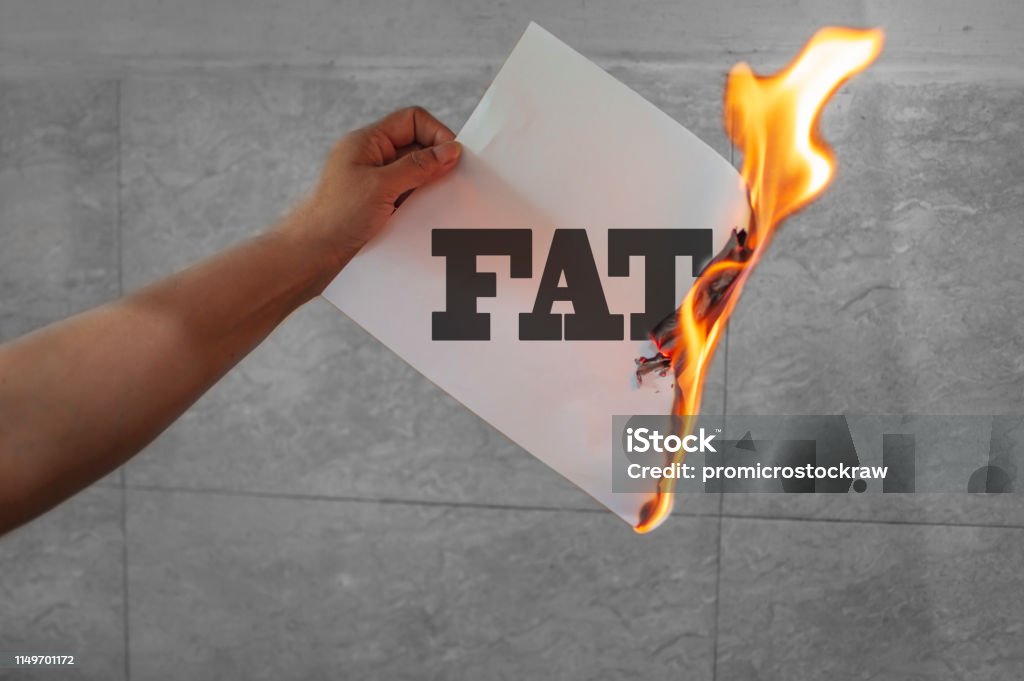Does fat loss extreme work
In the relentless pursuit of quick and dramatic transformations, the fitness world is no stranger to programs promising extreme weight loss results. “Fat Loss Extreme” is one such contender in the market, garnering attention for its bold claims of rapid weight reduction. In this blog, we’ll delve into the mechanisms behind high fat loss, scrutinize the effectiveness of such programs, and explore whether they truly deliver on the promises made.
The Bold Claims regarding extreme fat loss
It often boasts of delivering remarkable results within a short timeframe. These programs typically involve intensive workouts, strict dietary protocols, and sometimes the incorporation of supplements to accelerate fat loss.
The Mechanics of extreme fat loss
Extreme caloric deficits: Programs labeled as “extreme” usually advocate for significantly reduced calorie intake, creating a substantial energy deficit to prompt weight loss.
Intense workouts: High-intensity exercise regimens are often a key component, aiming to burn calories and stimulate fat loss.
Analyzing the Effectiveness of fat loss extreme
Water Weight and Muscle Loss
Initial weight loss in extreme programs may be attributed to the loss of water weight and muscle mass rather than sustainable weight reduction.
Losing muscle can negatively impact metabolism, potentially hindering long-term weight management.
Nutrient Deficiencies
Extremely low-calorie diets might lack essential nutrients, raising concerns about potential nutrient deficiencies and their impact on overall health.
Metabolic Adaptation
Prolonged high caloric deficits can lead to metabolic adaptation, where the body adjusts by slowing down metabolic processes, making further fat loss challenging.
Sustainability of extreme fat loss
Extreme fat burning programs are often challenging to sustain over the long term, raising questions about the sustainability of such approaches.
A Balanced Approach to Fat Loss Extreme
Realistic Goal Setting
Set achievable and sustainable fat loss goals that prioritize overall health and well-being.
Balanced Nutrition
Adopt a balanced and nutrient-dense diet that supports fat loss while providing essential vitamins and minerals.
Regular Exercise
Include a mix of cardiovascular and strength training exercises in a consistent and sustainable workout routine.
Mindful Lifestyle Choices
Prioritize adequate sleep, manage stress, and incorporate habits that contribute to a healthy lifestyle.
Conclusion
While the allure of rapid fat loss through programs like this may be tempting, it’s crucial to approach such claims with a discerning eye. Sustainable fat loss involves adopting a balanced approach that considers long-term health and well-being. Before diving into any fat loss regimen, consulting with healthcare professionals or qualified fitness experts is advisable to ensure that the chosen methods align with individual health needs and goals. Remember, the journey to a healthier body is not just about quick fixes but about making choices that support lasting well-being.



